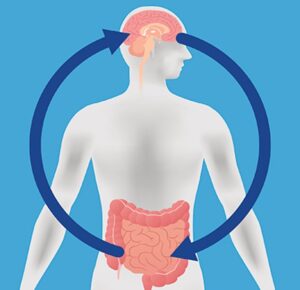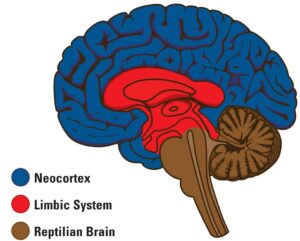
To say that children require caring adults around them in order to support their safe and healthy development is an understatement. In previous articles I have discussed the nature of that dyadic relationship and how there exists somewhat of an invisible, or Bluetooth communication ability. Stuart Shanker has often said, “The fundamental building block of development is the dyad” to signify the relationship’s importance.
Relationships are vital! On a large or a macro level, anthropologically we as a species grew co-dependent as a means of survival. However, within those communities let’s take a micro level look at smaller clusters (families). These too share a common interest – that of safety, and mutual well-being.
Within these close-knit family groups and even among the broader communities, conflicts arise. Disagreements, stresses, and strains cause friction. Friction pressurizes relationships and impacts our ability to maintain our emotional regulation. Self-Regulation refers to how well we manage stress, how much energy we expend, and how well we recover. Our reactions in various situations are rooted in our socio-emotional-physiological response to the situation. It begins with our 3-part Brain:
- the Neocortex (Neo-mammalian) or thinking brain,
- The Limbic System (Paleomammalian) Fight or Flight brain,
- The Brain Stem (Primal or Reptilian brain).
Our Limbic System serves as a metaphorical gateway. Only when we feel safe and secure, not threatened, or overly stressed can we access the Neocortex to reappraise and evaluate – using our thinking brain.
However, when activated our threat detection system responds physiologically with a number of biological processes designed to preserve energy and ensure the survival of the organism: Increased heart rate, respiration, decreased digestion, muscular contractions. In other words, responses we feel in our bodies that may lead to more of a limbic reaction than an optimal choice.

When you think of it then… who better to help us by cuing safety than the people closest to us. The act of cueing safety is considered Co-regulation. The ability to Self-Regulate must evolve initially as a result of healthy co-regulation. Only then can we learn to apply the Shanker Self-Reg© Framework ourselves to Self-Regulate. Human rights activist Malcolm X once said, “When “I” is replaced by “we” even illness becomes wellness.”
In our relationships then, we can ask are we Co-regulating or Co-escalating?
Cognitive Dynamics can help by introducing you to Shanker Self-Reg© so you can relate differently.







Leave A Comment